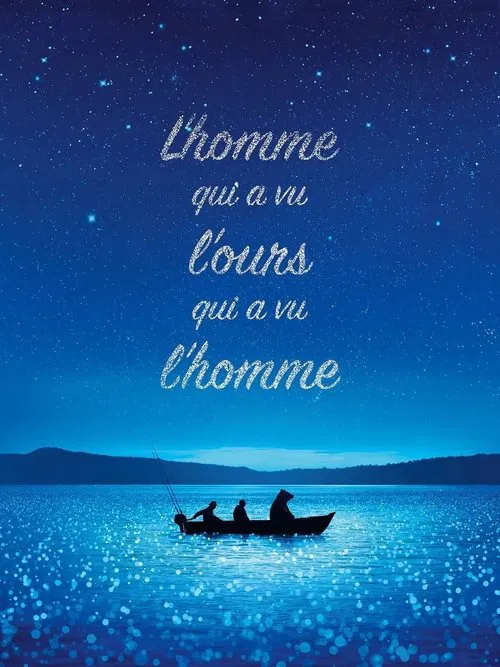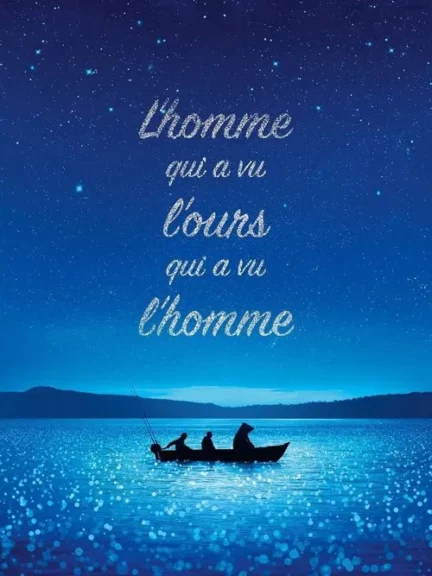
A film by Pierre Richard
With: Pierre Richard, Timi-Joy Marbot, Gustave Kervern, Anny Duperey, Louis-Do de Lencquesaing
Two men from different generations form an unlikely bond while protecting a runaway circus bear in the French countryside, discovering shared passions for nature and wisdom along the way.
Our rate: **
Pierre Richard slips it into the middle of the film, in one shot, surreptitiously. The Little Prince is part of the messy library of his hero, whom he himself embodies. Both in substance and form. The aim is to focus on a few poetic moments, a few maxims, and, like Saint-Exupéry, to offer a positive, simplified philosophy, where imagination plays an important role, where everything is evoked through images and symbols that everyone can understand. This approach may be confusing, as when speaking to adults at a child’s level, the message may seem naive or insufficiently profound, and we can already see critics reproaching Pierre Richard for this expression, which simply focuses on a simple story and treats it simply. But simplicity does not necessarily mean a lack of quality, a lack of depth, or even naivety (we can even talk about false naivety). Pierre Richard‘s approach, a far cry from his early amusing (and entertaining) films, is much more profound than it appears. It is informed by wise reflection and criticism of society, even virulent criticism. By focusing on a repentant old man, a former rich man who seeks to cut himself off from a world in which he participated and on which he casts a bitter eye, on a man who realizes he has pursued a futile quest, and on a young autistic boy, on the friendship that unites them (the two understand and appreciate each other), Pierre Richard delivers a universal message, one that is tender but much more virulent than it appears, without being caustic, ironic, or disillusioned. He plays with the imagination, distortions of reality, dreams, and memories, and shows us that another world, seemingly utopian, could exist. A world where nature is taken into account, a world where tolerance reigns supreme, a world where man does not seek to kill man, a world where man does not see the bear as an adversary to be killed, but as a fellow creature with whom he must coexist, a co-inhabitant of one and the same planet. A simple gesture, reminiscent of some of Pierre Richard‘s important roles, whether in The Thousand and One Recipes of the Cook in Love or The Castaways of Turtle Island. Technically imperfect, make no mistake, The Man Who Saw the Bear (a title borrowed from André S. Labarthe, who paid tribute to Orson Welles, a phrase that criticizes the growing distortion of direct testimony by one or more indirect “witnesses”) may not satisfy those who hoped to see a hilarious comedy like those of Richard‘s heyday, when he was content to play the clumsy, out-of-touch character, but this story, reminiscent of Claude Lelouch‘s Itinéraire d’un enfant gâté, should improve with time and resonate much more than initial reactions suggest.

